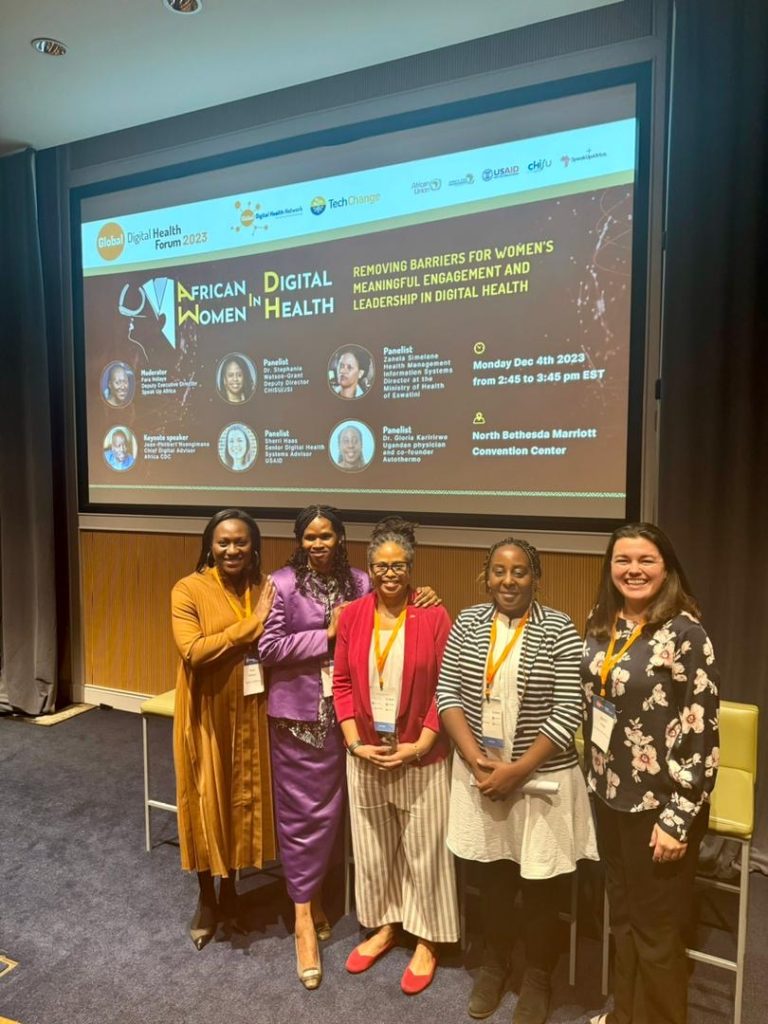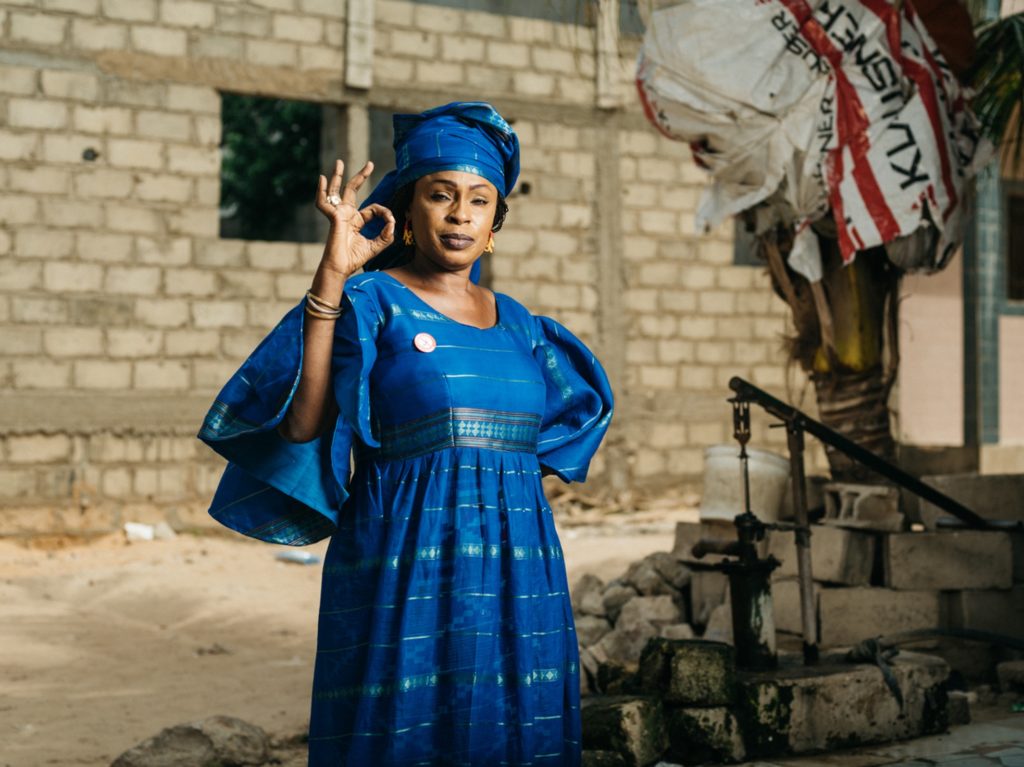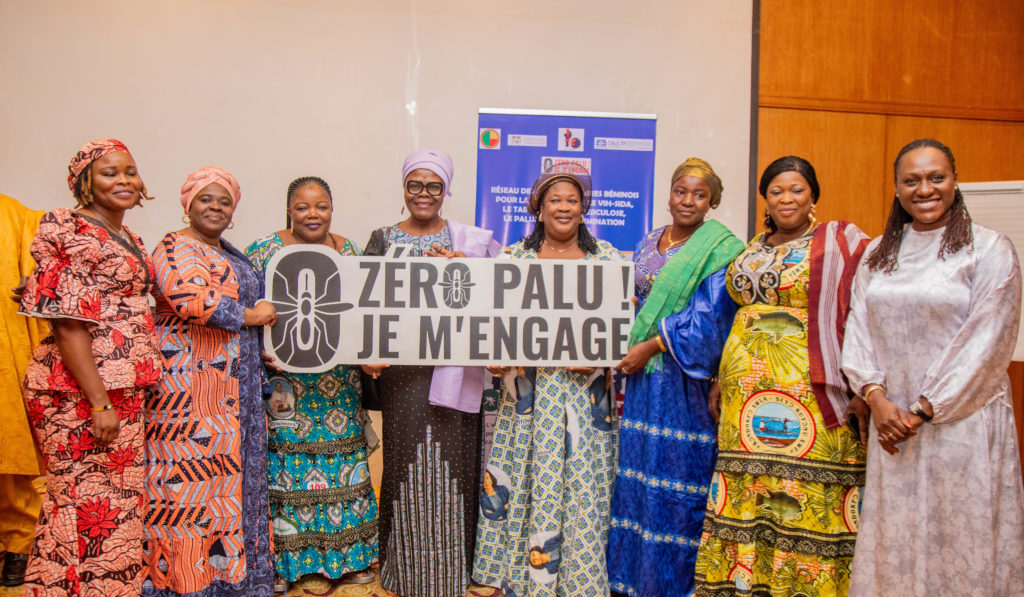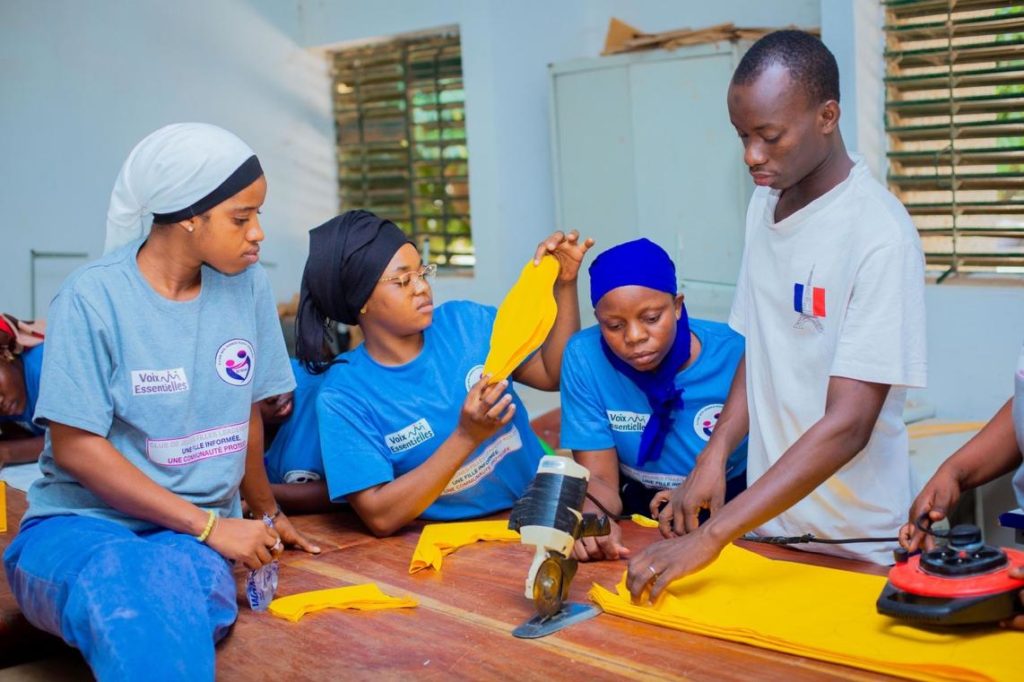Highlights from African Women in Digital Health: Removing barriers for women’s meaningful engagement and leadership in digital health

Key leaders in digital health convened at the landmark Global Digital Health Forum held in Washington DC from December 4-6, 2023, setting the stage for accelerated progress in digital transformation to enhance health access and outcomes around the world. The forum convenes influential stakeholders from across sectors to align around priorities, share latest evidence and best practices, forge partnerships, and accelerate progress towards universal health coverage and health-related Sustainable Development Goals powered by digital transformation of health systems worldwide. A perfect occasion to hold an event on African Women in Digital Health: Removing barriers for women’s meaningful engagement and leadership in digital health.
In opening remarks, Jean-Philbert Nsengimana, Chief Digital Advisor for the Africa CDC, explained the urgent need for AWiDH to help achieve the Center’s digital health goals given immense barriers women still face entering and advancing in technology-oriented careers and entrepreneurship. The detriments of lagging women’s inclusion resounded throughout the discussion led by moderator Fara Ndiaye, Deputy Executive Director at Speak Up Africa. Trailblazer Gloria Karirirwe, co-founder of Auto-Thermo and winner of the second edition of the African Young Innovators for Health Award co-led by Speak Up Africa and IFPMA, spotlighted financing access obstacles for women founders in digital health as well the dire need to find strategic partnerships animated by the motivation to help scale women-led startups. ESwatini HMIS Manager Zanela Simelane showcased her country’s gender policy guiding national digital policies – a leading example the region can model. She emphasized the values of diversity stating, “when we leave women and girls behind, we lose vital perspectives.” USAID’s Sherri Haas urged partners to leverage influence for women’s empowerment at formative stages and called to fund locally-led organizations to develop technology targeting community needs. Finally, Stephanie Watson-Grant, Deputy Director at JSI’s Country Health Information Systems and Data Use (CHISU) Program, reinforced AWiDH’s value for positioning more women in digital architecture roles to enhance user-centered health information systems and access for all. She challenged the continent and its partners to consider what we can start doing differently tomorrow – whether adopting training programs, evolving hiring practices, funding women-led ventures, implementing policies without bias or simply making more room for women’s voices in digital health design.
If digital health is meant to leave no one behind and pave the way to universal health coverage, then no one can afford to ignore the representation gap for African women. Convening dedicated forums such as this one for awareness, planning and progress tracking are imperative. The insights shared during the event reinforced that expanding opportunities for women and girls to shape and lead digital health in Africa is imperative, not just for gender equality, but for catalyzing progress towards our shared aspirations of health and prosperity across the continent. Hosts – CHISU and Speak Up Africa – sounded the alarm and rallied stakeholders to fix our attention on this critical gap in women’s meaningful participation. The launch of the groundbreaking African Women in Digital Health network ushers in an organized, Pan-African platform to continue driving visibility, coordination and accountability from all parties willing to remove the barriers holding back gifted women from taking their rightful place as innovators and leaders of digital health transformation.
Global Digital Health Forum,4-6 December, 2023, By Fara Ndiaye, Speak Up Africa’s Deputy Executive Director


